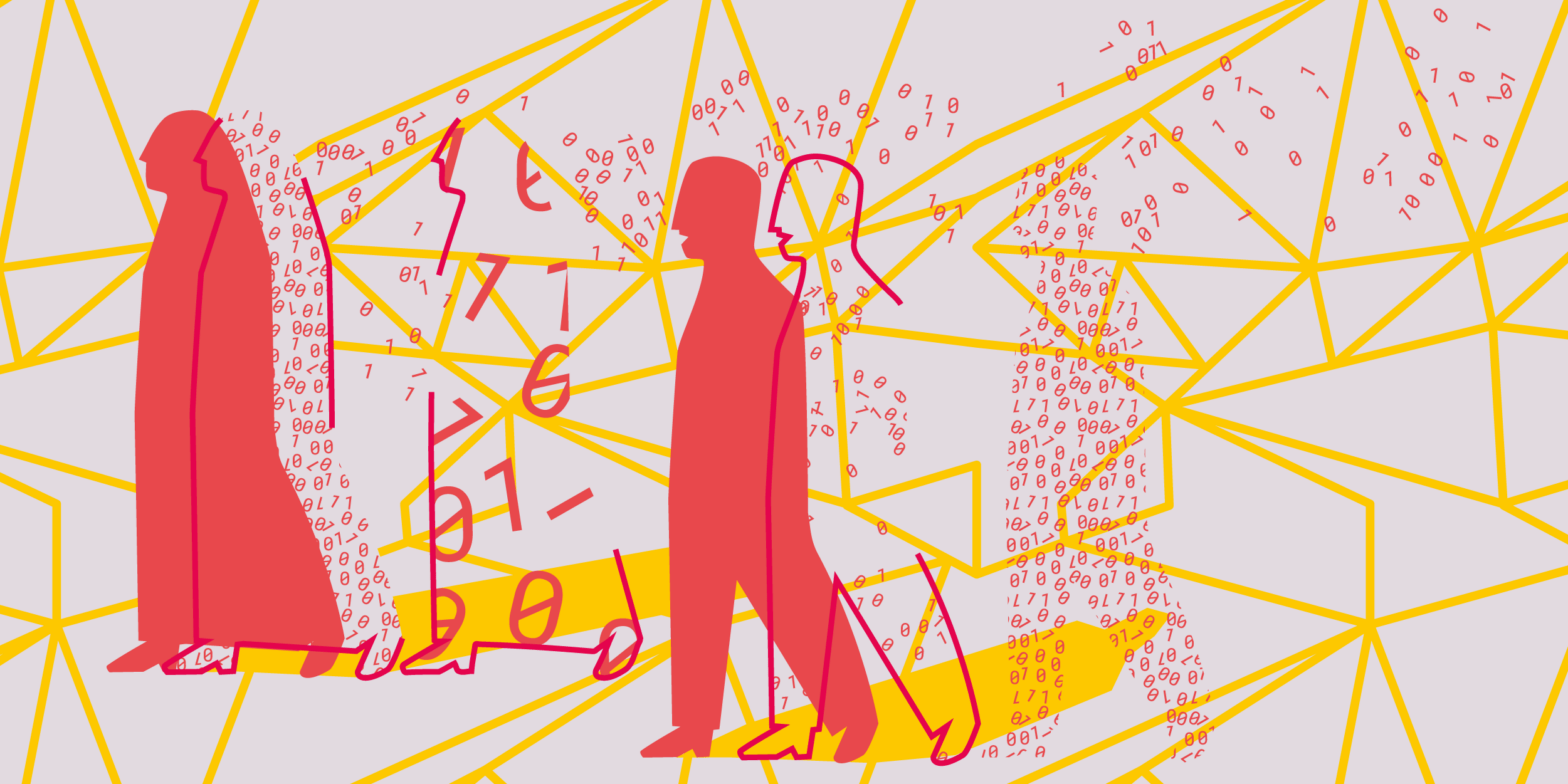This February, while the world focused on the invasion of the Ukraine by Russian forces and the crisis that unfolded in its aftermath, in a stunning development in Iran, the dangerous internet restriction legislation, the so-called “User Protection” Bill – which stands to further curtail the rights of Iranians – was ratified by the JointContinue reading “Policy Monitory – February 2022”
Tag Archives: Digital Rights in Iran
Policy Monitor – December 2021
The publication of our December 2021 Policy Monitor coincides with the second anniversary of the tragic shooting down of the Ukraine International Airlines Flight 752 — which resulted in the deaths of all 176 passengers and crew on board — by the Islamic Revolutionary Guard Corps (IRGC). The victims of the tragedy are remembered onlineContinue reading “Policy Monitor – December 2021”
The Role of Domestic Messaging Apps in Iran’s Information Controls
Just under three years have passed since Filterwatch wrote about the significance and dangers of Iran’s domestic messaging apps. We are seeing increasing instances of major privacy violations by these apps, as they seek to expand their user base. Although some might argue that these apps still fail to mount a serious challenge to internationalContinue reading “The Role of Domestic Messaging Apps in Iran’s Information Controls “
Artificial Intelligence & Digital Rights in Iran: An Introduction
AI and Closed Countries: Why Context Matters Ever-evolving networked technologies continue to shape us all, with the Internet fundamentally transforming the ways our societies, governments and the private technology sector operate, and interact. Nearly 30 years on since the birth of the commercial Internet – the World Wide Web – its initial promises to deliverContinue reading “Artificial Intelligence & Digital Rights in Iran: An Introduction”
Holding the Keys — Reformists, Parliament, and Digital Rights in Iran
In the last edition of Filterwatch, we argued that Iran has adjusted its policy-making processes over the last five years, shifting toward a process of ‘state-directed multistakeholderism’ which has allowed different segments of the state (including the three main branches of government and the institutions overseen directly by the Supreme Leader) to formulate long-term, consensus-based internetContinue reading “Holding the Keys — Reformists, Parliament, and Digital Rights in Iran”




